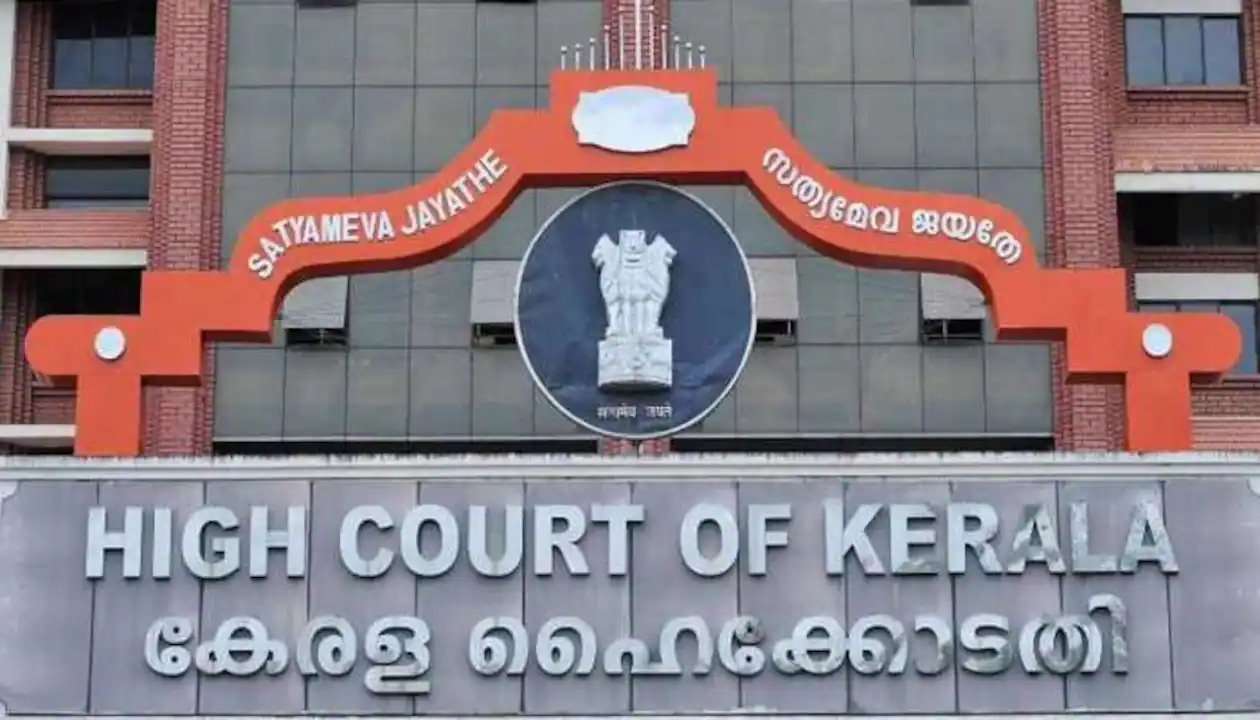The Kerala High Court on October 28 ruled that the protection guaranteed under Article 20(3) of the Constitution of India does not extend to protecting an accused from being compelled to give his blood sample during the investigation of a criminal case.
While hearing the case, Justice Kauser Edappagath said that the privilege of Article 20(3) is applicable only to testimonial evidence and drawing DNA samples from the body of an accused in a criminal case, especially in a case involving sexual offence, will not violate his right against self-incrimination protected under Article 20(3).
“The right against self-incrimination is just a prohibition on the use of physical or oral compulsion to extort testimonial evidence from a person, not an exclusion of evidence taken from his body when it may be material,” the bench stated.
Justice Edappagath also said that though Section 53A CrPC only refers to the examination of the accused by a medical practitioner at the request of the police officer, the court also, in the appropriate case, can give a direction to the police officer to collect the blood sample of the accused and conduct DNA test for the purpose of further investigation under Section 173(8) CrPC.
Relying on the apex court’s judgment in Selvi and Others v State of Karnataka, the bench said, “Taking and retaining DNA samples which are in the nature of physical evidence, does not face constitutional hurdles in the Indian context.”
The petitioner before the court had challenged a trial court order directing him to appear before the investigating officer to give his blood sample for the purpose of DNA examination. The accused is facing trial in a rape case dating back to 1997. The petitioner is accused of having raped a minor, back to 1997. The petitioner is accused of having raped a minor, who later became pregnant. The other accused in the case were accused of attempting to cause miscarriage.














